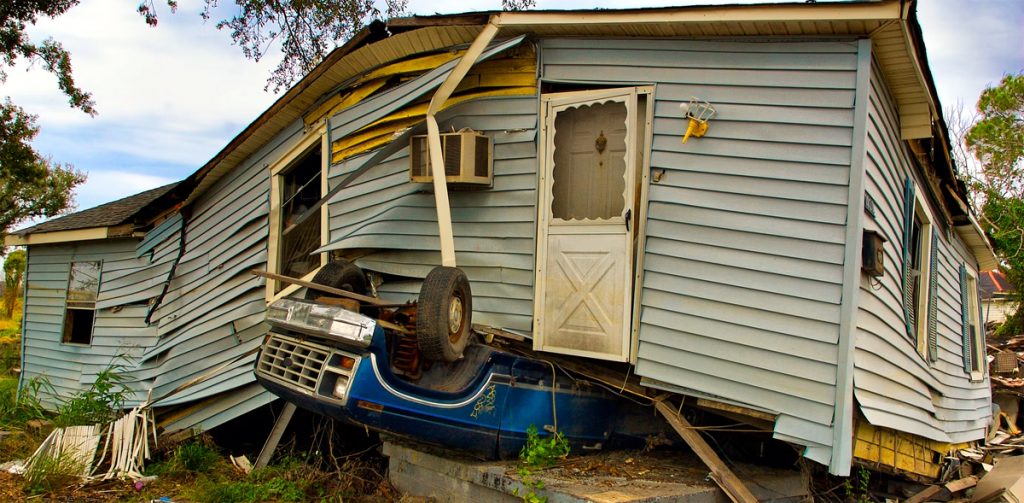Steps to help you prepare for a hurricane.
The Atlantic hurricane season officially runs from June 1 to November 30. The National Weather Service (NWS) issues tropical storm and hurricane watches and warnings for areas along the coasts of the Gulf of Mexico and South Carolina, respectively. Preparations should be made well in advance to ensure safety during these events.
If you live in an area that may be affected by a hurricane, there are a few things you can do to help ensure your safety and to prepare your home for the event. If you do not evacuate the area you are almost certain to suffer a power outage at some point during or after the storm. One of the best ways to cope with those power outages, of course, is to install a whole-house backup generator, which can restore power to your home almost immediately after the grid goes down.
In a time where severe weather is becoming more commonplace, a backup generator is fast transforming from a luxury to a necessity in home comfort. If you’re not ready to invest in a backup generator, you may want to purchase a portable generator.
In any case, here are some steps to take if you find yourself in the path of a hurricane .
- Listen to your local authorities and evacuate if you need to! If you do, use extreme caution when returning to your property.
- Create an emergency plan and review it with your family. Post a list with our contact information plus numbers for emergency services, along with instructions for turning off propane, electricity, and water.
- If you have an aboveground propane tank, make sure it is securely anchored!
- Make sure you have enough heating oil or propane in your tank to last at least a week or more in the event of road closures. If you have a propane powered backup generator, check your fuel levels before a major storm approaches.
- If severe weather threatens your safety, shut off your gas. Turn off the main gas supply valve on your propane tank if it is safe to do so. Also, turn off the gas supply valves located near individual indoor appliances.
- After severe weather passes, check the area for downed power lines, damaged gas lines, or damage to your tanks and appliances.
- Inspect your fuel-burning appliances for damage if it is safe to do so. If the appliances have been damaged do not use them until serviced.
- NEVER turn on a light switch, use any power source, or inspect your household appliances while standing in water!
- NEVER use outdoor, fuel-burning appliances indoors or in enclosed areas! This can result in carbon monoxide poisoning or death.

